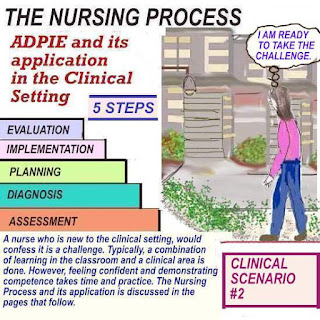ADDRESSING PACEMAKER IMPLANTATION
Hemodynamics refers to blood flow. The heart is a pump,
which pumps blood around the body. If there is damage,
like a myocardial infarction, the heart's function will be
which pumps blood around the body. If there is damage,
like a myocardial infarction, the heart's function will be
impaired.
Learn more about: Congestive heart failure
The SA (sinoatrial) node is the pacemaker of the
heart and is part of the electrical conduction system.
It is located in the upper part of the right atrium.
When the SA node fires, the right and left atria
contract simultaneously and blood is forced into
the right and left ventricles.
The electrical stimulus then travels to the AV ( atrio-
ventricular) node which is located in the lower part
of the right atrium. The AV node fires, causing the
right and left ventricles to contract simultaneously.
Why is a pacemaker implanted?
Any damage to the heart muscle, or the electrical conduction
system, will interfere with the ability of the heart to function
normally.This may be an indication for a pacemaker.
Sick sinus syndrome (though rare) or myocardial infarction are examples.
Patients who have dysfunction of their own natural pacemaker may
experience dizziness, syncopal episodes (temporary loss of consciousness),
chest pain, shortness of breath, fatigue, and a decrease in blood pressure
(hypotension).Learn more: Sessions 18
These symptoms are due to a lack of blood flow to the body's organs.
experience dizziness, syncopal episodes (temporary loss of consciousness),
chest pain, shortness of breath, fatigue, and a decrease in blood pressure
(hypotension).Learn more: Sessions 18
These symptoms are due to a lack of blood flow to the body's organs.
- See the sample of an EKG above showing a pacemaker lead (wire)
in the ventricle. There is normally a spike in front of the QRS. The
spike may not appear if the pacemaker malfunctions.
in the ventricle. There is normally a spike in front of the QRS. The
spike may not appear if the pacemaker malfunctions.
- Spikes in front of P and QRS means both chambers are paced.
Learn more about :
Chest pain assessment and EKG quiz
Learn more about :
Chest pain assessment and EKG quiz
Enjoy the videos:






Comments
Post a Comment